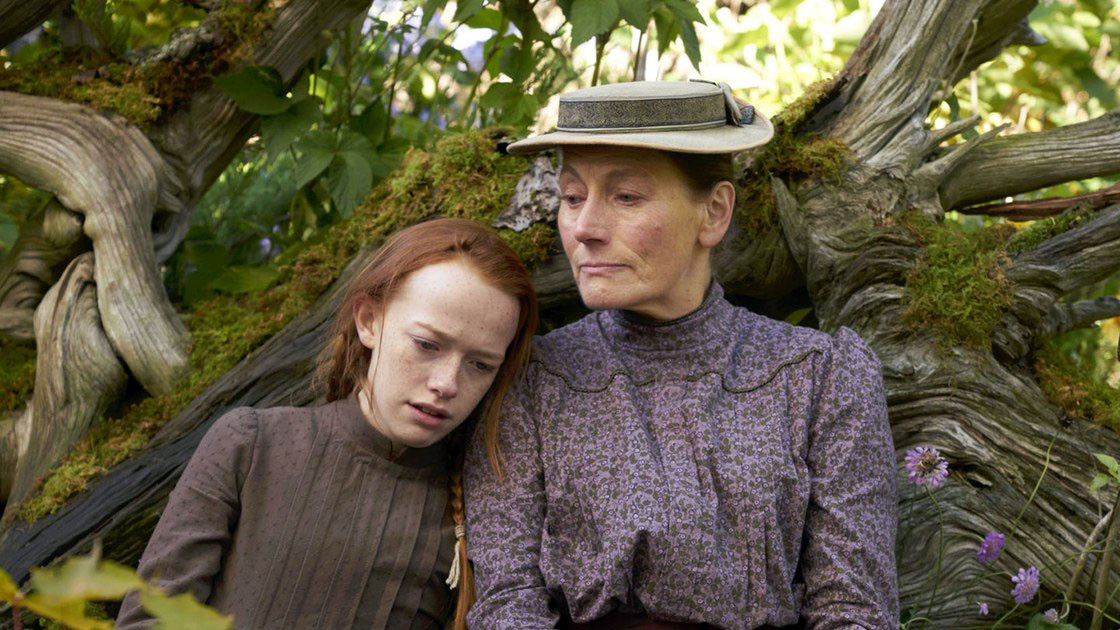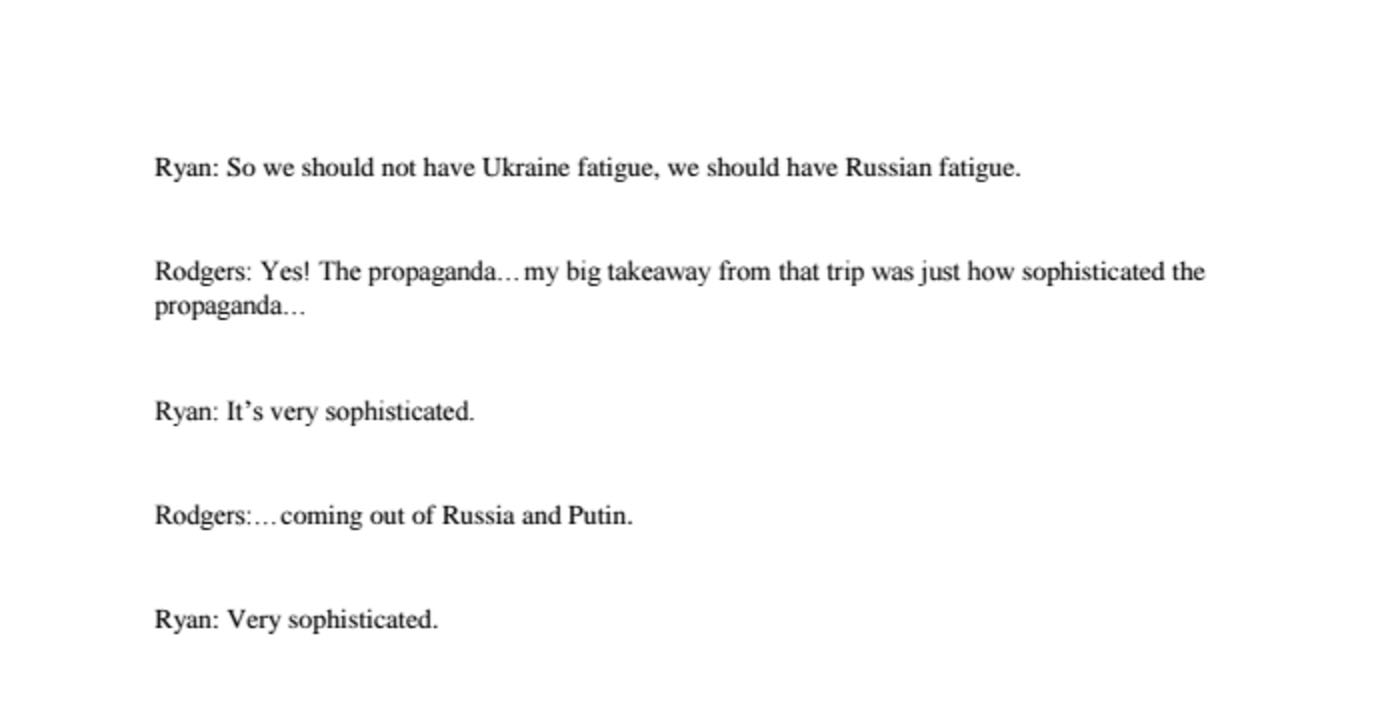If I had ever really understood how much effort (and defeat) is involved in defending a garden, an orchard, and some chickens against all the hungry mouths that want to eat everything, I might never have had the heart to start. The hungry mouths come from everywhere — out of the woods, down from the sky, and up from the ground. Hawks and raccoons want to eat your chickens. Snakes want to eat your eggs. Squirrels and raccoons will raid the orchard and carry off peaches, apples, and figs just before you were going to pick them. Raccoons and rabbits and voles raid the garden. And we haven’t even started to talk about insects and blights. The abbey, to be sure, is in a worst-case situation — up against the woods in some very fine animal habitat.
No one understands your grief, of course, better than your local agricultural agents. I’ve written in the past about how important it is to befriend them. One of the abbey’s friends is a horticulturist whose help and advice during the past eight years have been invaluable. He’s a very busy guy, and you can’t get him to dinner very often. But this evening he’s coming to dinner, so this afternoon I got my shears and a sack and went out to see what the critters had left me for a home-grown supper.
The squirrels took every last one of the peaches from one of the trees, the tree that bore first. They’ll be after the other trees soon enough. They’ve already stolen some green apples as well. I see the trees shaking and go up to the orchard to ask the squirrels what the heck they think they’re doing. They just glance at me and go on chewing. If I shake a stick at them they’ll run back into the woods with a peach in their mouths. Every now and then I see a chicken peck a squirrel, because the chickens like the fallen peaches. Good work, chickens.
OK, then. I can make chutney from green apples, and maybe I can even get away with putting some unripe peaches in it. A nice red onion would do nicely in the chutney. So far, the snakes seem not to have found a way into Ken’s new chicken house, so there are plenty of eggs. That means omelets with a filling including onions, green tomatoes, day lily buds, and basil. I’m covered up with squash. The squash will get roasted on the grill. There was enough late lettuce for small salads. The first two cucumbers of the season were ready to pick. And there will be a loaf of fresh-baked sourdough bread.
So it promises to be a decent supper for a horticulturist (or a hobbit), though it’s not the sort of supper that can happen every day.
Ken, by the way, is in Alaska, again in a summer job with the Park Service as a backcountry ranger deep in grizzly bear territory where he’s assigned a shotgun. Maybe the squirrels aren’t so bad after all.
When I bring stuff in from the garden, I like to wash it immediately in cold water, wrap it in a muslin towel, and put it in the refrigerator to chill. The lettuce is in a vase of cold water. I’ll pick the lettuce leaves off the stalk right before they go into the salad. When stuff is fresh, a little extra care will keep it that way.












